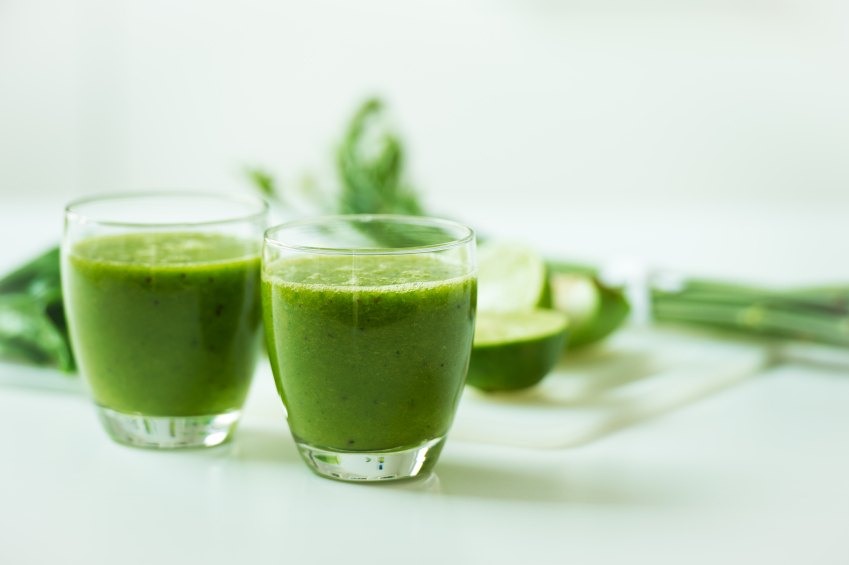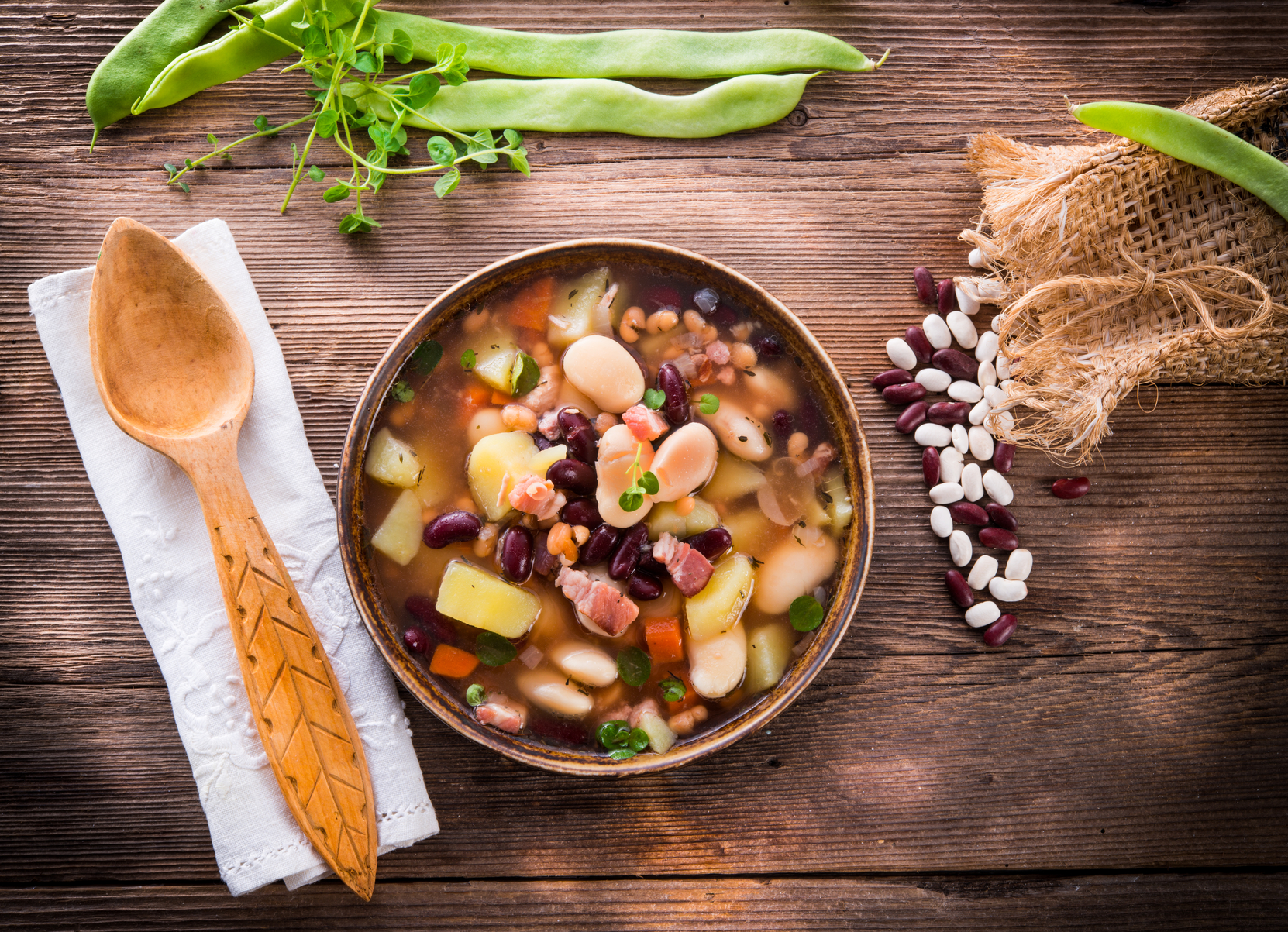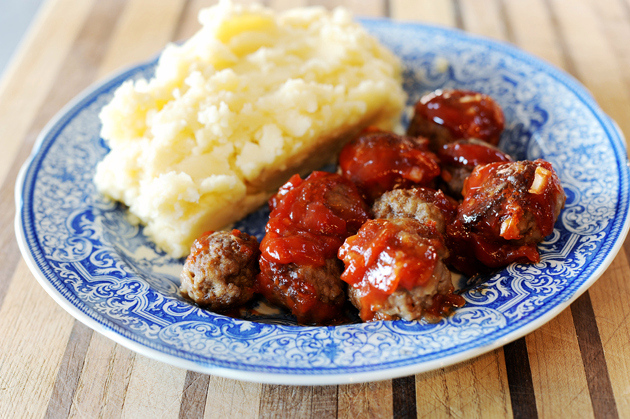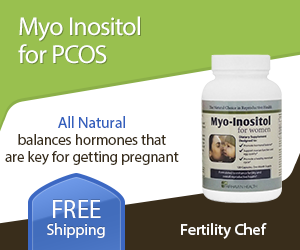Infertility can be devastating. There, I’ve said it, there’s no mistake. The sorrow experienced when every cell in your body, every fibre of your being, wants to become a Mum – and can’t – can be overwhelming, life sapping, distressing.
Many women with PCOS are just told, ‘You won’t be able to have babies’, or ‘You’ll need medical assistance and there are no guarantees’.
But is this the truth?
Does Polycystic Ovary Syndrome really mean your chances of having your own child or children are nigh on impossible?
Or are there other – better – answers?
The answer to this important question is an emphatic, yes!
In this article, I’m going to share a leading cause of PCOS fertility challenges and 5 simple, easy, proven steps you can take to reduce – even completely eliminate – this common food’s effects on your life, your body, your eggs and your PCOS fertility woes.
But first, let me share with you that there are women around the globe who are finding solutions for how to get pregnant with PCOS. And naturally too. How do I know? I am in the blessed position of having helped many women with PCOS, just like you, to restore wayward cycles, to ovulate again, to conceive and to give birth to happy, healthy babies.
Women like Tennille and Rhiannon:
“I wanted to send to you a private email to personally thank you for all the help and information. I have PCOS. I have known I had it since I was 16, I’m now 24. My partner and I have been trying to fall pregnant for the past 3.5 years with no luck. I decided to read and follow your tips and advice. I have had a much better understanding of PCOS and why I had all these horrible symptoms.
I’ve lost 10kgs. My acne cleared up, and my facial hair not as bad. But what I really wanted to thank you for is today, 3 weeks from our wedding, I found out I am pregnant.
Never thought it would happen especially naturally, we had planned to get fertility treatment as soon as we got back from honeymoon. So thank you again you have helped another PCOS sufferer achieve a miracle.“
Tennille Brownsey QLD, Australia
“I am happy to say the pregnancy went well and little baby Joshua James Graham was born on the 30th September at 8:12pm 8 pounds 10 and 56cm long.
After years of struggling with the symptoms of PCOS and a complete lack of interest from your average doctor, we are so excited that Joshy has arrived safe and healthy.”
Rhiannon
Australia
Now, let’s dive in!
One of the issues known to lead to and aggravate PCOS is called insulin resistance. Normally, your body produces insulin to allow your cells to ‘take in’ glucose, to move the glucose (sugar) out of the blood and into the body’s cells. It’s super important for your body to maintain its blood sugar levels within a small but ideal range.
When a person’s body cannot respond properly to insulin, the blood sugar levels rise. This is dangerous, as after all, sugar is sticky stuff! So the body and the brain chat and release more insulin to get that excessive sugar out of the blood and into the cells. This heightened level of insulin is known as hyperinsulinemia. If hyperinsulinemia becomes a constant state, insulin resistance results.
Insulin resistance means your body’s cells do not respond easily to insulin. It’s like your cell’s theoretical ears are hard of hearing. The usual light knock at the cell door is no longer loud enough to be heard. So, the insulin needs to ‘knock’ louder. Then, more of its friends join in to create a cacophony of knocking noise to grab the cell’s attention, and to finally get it to take action, to allow the sugar in.
This excess insulin causes the ovaries to swell and develop cysts, and stimulates secretion of excess amounts of ‘male hormone’, or androgens. These androgens affect regular ovulation, the menstrual cycle and cause the masculine characteristics associated with PCOS.
And what it a leading cause of high blood sugar levels and insulin resistance?
SUGAR in our food plan!
Sadly, and misleadingly, this sweet treat is not just in the form of the table sugar you may add to your daily coffee or in the obvious food choices like donuts and cakes. It’s in much of your processed foods, and hidden in unlikely places like yoghurt, mayonnaise, bread and tomato sauce. The list goes on!
And insulin resistance creates cravings for more sugar. It’s a deadly, and PCOS fertility killing, combination.
The great news is there are many steps and strategies you can take to reduce insulin resistance, and with it, significantly boost your PCOS fertility.
Here are my top 5 tips to reduce insulin resistance, your sugar intake and boost your fertility:
1) Eat naturally.
You are far less likely to consume excessive sugar when you eat from nature, and you’ll know there is no hidden, added sugar in natural foods. Even if you think of the natural food that often gets a bad wrap – fruit, and specifically one that has sadly developed a bad reputation – the banana. This food source comes packed with magnesium, which has been shown to improve insulin resistance. This critical mineral has also been found to be commonly low in women with PCOS. This – and other fruit – also comes pre-packed with fibre. Fibre moderates the blood sugar effects of a food. And it’s filling, so you are much less likely to overeat.
2) Include a healthy form of protein with each meal.
Protein is filling. People who consume more healthy protein just naturally eat less. And protein helps to moderate blood sugar levels, which means you will have less blood sugar crashes and far less cravings. Killing sugar craving will absolutely help you to eat less sugar!
3) Drink water.
Often people mistake hunger with thirst. Being well hydrated will help you to eat less, including sugar-containing food.
4) Supplement with magnesium, fish oil and chromium.
As I mentioned earlier, women with PCOS are often low in magnesium. Other than potentially causing constipation, headaches, muscle cramping and pain, high blood pressure and depression, low magnesium levels can cause insulin resistance and sugar cravings. Supplementing with high quality magnesium may help all of these issues, and reduce the amount of sugar you consume by removing your cravings.
Low Omega 3 fat intake is a massive issue for women with PCOS, infertility, insulin resistance and sugar cravings. Omega 3 fats are critical for the health of your cells, ALL of your cells! Including your eggs (and his sperm). This incredible fat is also critical to reduce inflammation, which is another considerable fertility block. And both insulin resistance and inflammation are caused by – you guessed it – sugar! A high quality, pure and potent fish oil supplement supplies this critical Omega 3 fat.
Chromium is another key nutrient required to improve insulin sensitivity. Low levels of chromium may cause insulin resistance, and insulin resistance is absolutely known to significantly reduce fertility. And to make matters worse, a diet high in sugar has been shown to increase chromium loss from the body.
5) Reduce stress.
Stress creates many hormonal changes in the body, from insulin resistance to poor reproductive function. It may also cause dreaded, and PCOS fertility destroying, sugar cravings.
Meditation, exercise, laughter, deep breathing, sufficient sleep, counseling, learning to appropriately say no, gardening and Chiropractic can all help to reduce stress. And by reducing stress, you can improve insulin sensitivity, reduce your sugar intake and significantly improve your fertility.
The sweetness in your life ought to come from holding your precious bundle of joy, rather than those PCOS fertility sapping, often hidden, little white, harmful, processed granules.
From PCOS to perfect health, with love,
Dr Rebecca Harwin
The PCOS Expert
References






CAN MACA ROOT AND HOLY BASIL ALSO LOWER INSULINE AND MALE HORMONE PRODUCTION IN WOMEN. ALSO DOSE CGROMIUM RID DARK COARSE FEMALE FACIAL HAIR GROWTH, IT’S VERY DISTRESSING DEALING WITH THIS ISSUE, I WOULD LOVE TO HEAR YOUR THOUGHTS ON THIS. THANK YOU